Open on Evenings & Holidays! Extended And Flexible Hours!
* DNA Testing for Immigration
* Paternity Testing
* Deceased Paternity
* Forensic Testing & Much More!
Open on Evenings & Holidays! Extended And Flexible Hours!
* DNA Testing for Immigration
* Paternity Testing
* Deceased Paternity
* Forensic Testing & Much More!
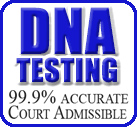
AB DNA Testing Services
Phone: 718-701-0292
We offer New York’s BEST AND MOST AFFORDABLE DNA TESTING with a full range of services to verify family relationships.
We specialize in the following types of DNA tests:
• Paternity • Maternity • Grand-parenting • Sibling Relationship • Biological Relationship Studies • Twin Studies • Deceased Paternity • Forensic Testing • Child Identity Testing • Family Tree and Genealogy Testing
* EVEN LOWER PRICE THAN HOME DNA KITS.
* NO HIDDEN COSTS – Collection kits, photography, and fingerprinting all included.
* 99.9% (OR GREATER) ACCURACY.
* FINAL RESULTS ARE PRESENTED IN A NOTARIZED DOCUMENT IN A CLEAR AND CONCISE FORM.
* ALL RESULTS ARE COURT ADMISSIBLE.
* OVER 15 YEARS EXPERIENCE.
* NO REFERRALS NECESSARY!
* FAST AND PAINLESS SAMPLE COLLECTIONS, USING BUCCAL (Mouth) SWABS.
* SPANISH, PORTUGUESE, FRENCH AND CREOLE SPOKEN.
* PLEASE SEE TRANSLATIONS OF OUR SERVICES IN: SPANISH, BENGALI, URDU, CHINESE AND NEPALESE!
Located In Woodside Queens, easily reachable from all boroughs (Queens, Manhattan, Brooklyn, Bronx and Staten Island), Westchester, Nassau and Suffolk.
We can also schedule DNA tests at our network of collection sites throughout New York city.
Call us. We have found that in many cases, our personalized service can overturn your denial. We will call the passport office or immigration dept. for you and plead your case over phone verbally.
90% of time they will revoke your denial, as long as you get the required information to them quickly.
AB DNA TESTING SERVICES
AB DNA Testing Services © |
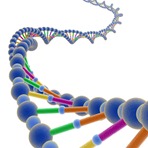 |
718-701-0292 We are open on evenings & holidays! |
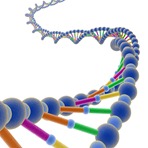 |
Legal Paternity Test: $349
NYS compliant testing only. NO HIDDEN COSTS OR EXTRA FEES.
We do not provide prenatal DNA testing in-house. If you need prenatal testing, we can refer you to a provider we’ve worked with previously:
Prenatal DNA Testing NYC.
AB DNA Testing Services offers a broad range of DNA testing options using certified, accredited laboratories and verified collection procedures.
Let’s explore how DNA testing can help in criminal cases, the process involved, and its impact on the justice system. DNA testing has revolutionized the field of forensic science, becoming a powerful tool in solving criminal cases. By analyzing genetic material, forensic experts can identify suspects, exonerate the innocent, and provide crucial evidence in court.
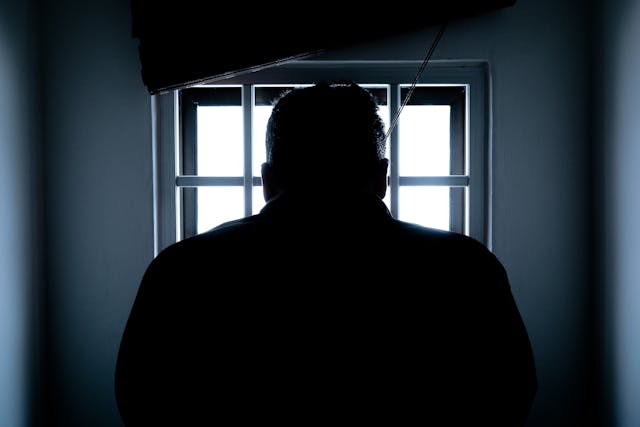
DNA testing plays a critical role in criminal investigations by providing reliable and objective evidence. Here are some of the key ways DNA testing is used in criminal cases:
The DNA testing process in criminal cases involves several steps to ensure accuracy and reliability. Here’s an overview of the process:
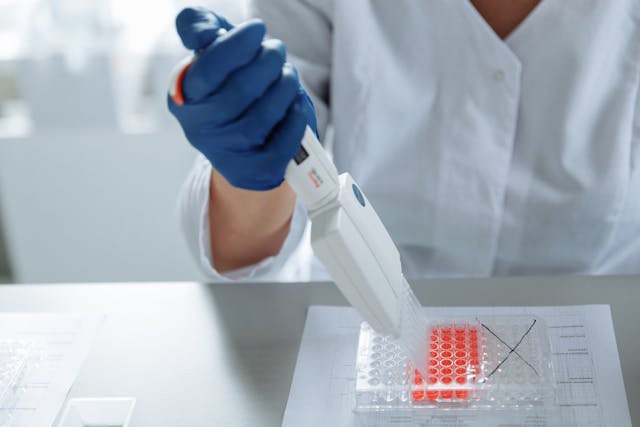
DNA testing has had a profound impact on the justice system, improving the accuracy and fairness of criminal investigations and prosecutions. Here are some of the key impacts:
DNA testing has become an indispensable tool in criminal investigations, providing reliable and objective evidence that can identify suspects, exonerate the innocent, and support prosecutions in court. The advancements in DNA technology have greatly enhanced the accuracy and effectiveness of the justice system.
For professional and accurate DNA testing services in NYC and the tri-state area, contact AB DNA Testing Services.
AB DNA Testing Services ©
718-701-0292
What are the latest advances in DNA testing technology? The field of DNA testing has seen remarkable advancements in recent years, revolutionizing our understanding of genetics and enabling a wide range of applications from healthcare to ancestry tracing. These technological innovations have made DNA testing more accurate, accessible, and affordable. In this blog, we’ll explore some of the key advances in DNA testing technology and how they are impacting various fields.
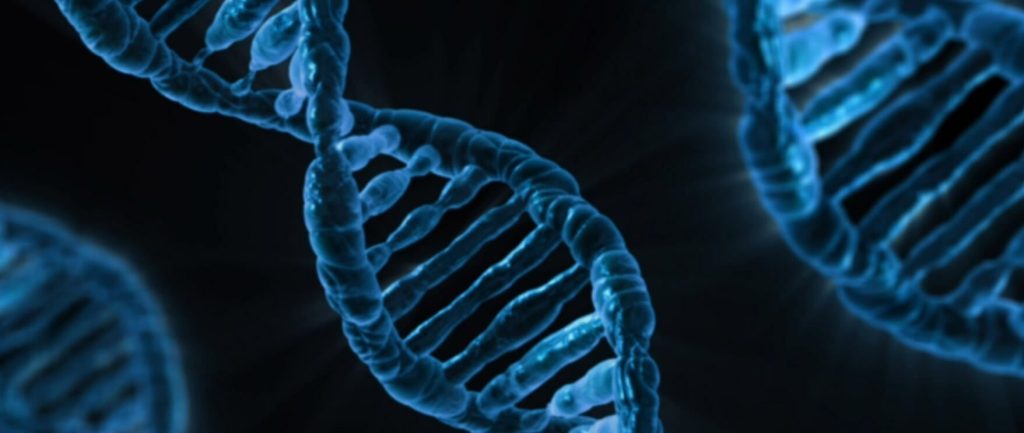
Next-Generation Sequencing (NGS) is one of the most significant advancements in DNA testing technology. NGS allows for the rapid sequencing of large segments of DNA, providing detailed and comprehensive genetic information.
High Throughput: NGS can process thousands of DNA sequences simultaneously, making it faster and more efficient than traditional sequencing methods.
Cost-Effective: The cost of DNA sequencing has dramatically decreased due to NGS, making it more accessible to researchers and consumers.
Comprehensive Analysis: NGS provides a more comprehensive analysis of the genome, enabling the detection of a wide range of genetic variations, including rare mutations.
CRISPR (Clustered Regularly Interspaced Short Palindromic Repeats) technology has transformed the field of genetics by enabling precise editing of DNA sequences. CRISPR is used for a variety of applications, including gene therapy, genetic research, and the development of genetically modified organisms (GMOs).
Gene Editing: CRISPR allows scientists to add, remove, or modify specific DNA sequences, which has potential applications in treating genetic disorders.
Disease Research: CRISPR is used to create model organisms with specific genetic mutations, helping researchers study diseases and develop new treatments.
Agricultural Improvements: CRISPR technology is used to develop crops with improved traits, such as disease resistance and higher yields.
Liquid biopsy is a non-invasive method of detecting genetic mutations and other biomarkers in bodily fluids, such as blood. This technology is particularly useful for cancer diagnosis and monitoring.
Non-Invasive: Unlike traditional biopsies that require tissue samples, liquid biopsy only requires a blood sample, reducing the risk and discomfort for patients.
Early Detection: Liquid biopsy can detect cancer-related genetic mutations at an early stage, enabling timely intervention and treatment.
Monitoring Treatment: Liquid biopsy can be used to monitor the effectiveness of cancer treatments and detect any recurrence of the disease.
DNA testing for ancestry purposes has also benefited from technological advancements, providing more detailed and accurate results. These tests analyze a person’s DNA to trace their ancestral origins and connect them with genetic relatives.
Expanded Databases: The accuracy of ancestry tests has improved with the expansion of genetic databases, allowing for more precise matching and regional analysis.
Advanced Algorithms: Modern ancestry testing uses sophisticated algorithms to analyze genetic data, providing more detailed insights into a person’s heritage.
Pharmacogenomics is the study of how an individual’s genetic makeup affects their response to drugs. Advances in DNA testing technology have made it possible to tailor medical treatments to a person’s genetic profile.
Drug Response Prediction: Pharmacogenomic testing can predict how a person will respond to certain medications, helping healthcare providers choose the most effective treatments with minimal side effects.
Dosage Optimization: Genetic testing can determine the optimal dosage of medications for individual patients, improving treatment outcomes.
Forensic DNA testing has seen significant technological advancements, enhancing the ability of law enforcement to solve crimes and identify individuals.
Rapid DNA Analysis: New technologies allow for the rapid analysis of DNA samples, providing results in hours rather than days.
DNA Phenotyping: This technique predicts physical characteristics, such as eye color and ancestry, from DNA samples, helping law enforcement create profiles of unknown suspects.
Advances in DNA testing technology are revolutionizing various fields, from healthcare and ancestry tracing to forensic science and agriculture. These innovations are making DNA testing more accurate, accessible, and impactful, providing valuable insights and improving outcomes in numerous applications.
As technology continues to evolve, we can expect even more breakthroughs that will further enhance our understanding of genetics and its applications. For cutting-edge DNA testing services and expert guidance, contact AB DNA Testing Services.
AB DNA Testing Services ©
718-701-0292